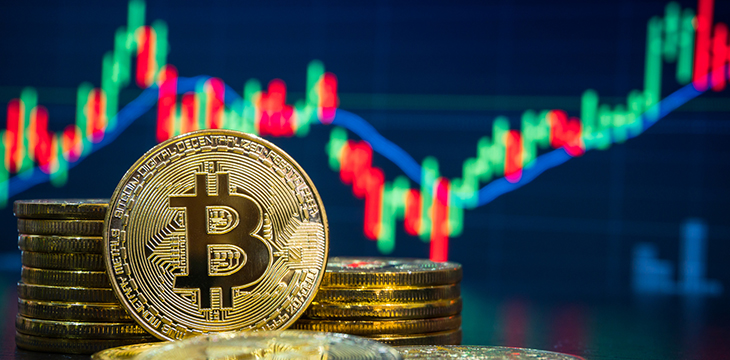|
Getting your Trinity Audio player ready...
|
Africa may have the smallest digital currency market share globally, but the continent has seen some of the highest growth in adoption in the past year. A report by Chainalysis showed that Africa had recorded 1,200% growth since June last year, with the need for cheaper remittances, the rise of peer-to-peer trading, and savings needs leading the revolution.
In the one year from July 2020 to June 2021, Africa received $105.6 billion worth of digital currencies. But it goes beyond the volume, Chainalysis reports. Africa also has the most dynamic market, with five countries from the region ranking in the top 20 of the Global Crypto Adoption Index.
One of the aspects of the African digital currency market that set it apart is the prevalence of retail holders and traders. Chainalysis reports that the region has a 7% share of the market being retail and small-sized payments, higher than the global average at 5.5%.
For Africa, peer-to-peer platforms are a lifeline for the Bitcoin market. The New York-based blockchain analytics company revealed that no other region uses P2P platforms more. Kenya has ranked for the past two years as the world leader in P2P volume.
This growth has been spurred by several factors, including an aversion by financial institutions in countries like Kenya and Nigeria against digital currency platforms.
“In many of these frontier markets, people can’t send money from their bank accounts to a centralized exchange, so they rely on P2P,” Artur Schaback, the COO and co-founder of the popular Paxful P2P platform, told Chainalysis.
The P2P market is expanding even beyond the traditional platforms and into messaging platforms such as WhatsApp and Telegram.
Adedeji Owonibi, the founder of Nigerian blockchain consultancy firm Convexity, explained, “In many of these frontier markets, people can’t send money from their bank accounts to a centralized exchange, so they rely on P2P.”
This activity, which experts believe is shooting up rapidly, is not captured by conventional datasets like the Chainalysis study. As such, the company believes that the digital currency activity in Africa is much higher than the figures may show.
Aside from speculative digital currency trading being a lucrative economic activity, users in Africa have also been driven by the need for cheaper cross-border funds transfers, the report states.
Despite the rise in adoption, regulations have struggled to keep up. As CoinGeek reported, in some countries like Kenya, digital currency users believe the government has failed in its duty.
Yvonne Kagondu, a Kenyan blockchain thought leader told CoinGeek, “The challenge that most of us in the crypto space in Kenya faced with regulation is that we are not protected by the system. This makes us very vulnerable. Our businesses can be easily attacked and no one is there to protect us. Yet we are diligent workers like everyone else in the country.”
Watch: CoinGeek Zurich panel, Blockchain & the Future of Africa

 02-28-2026
02-28-2026 




